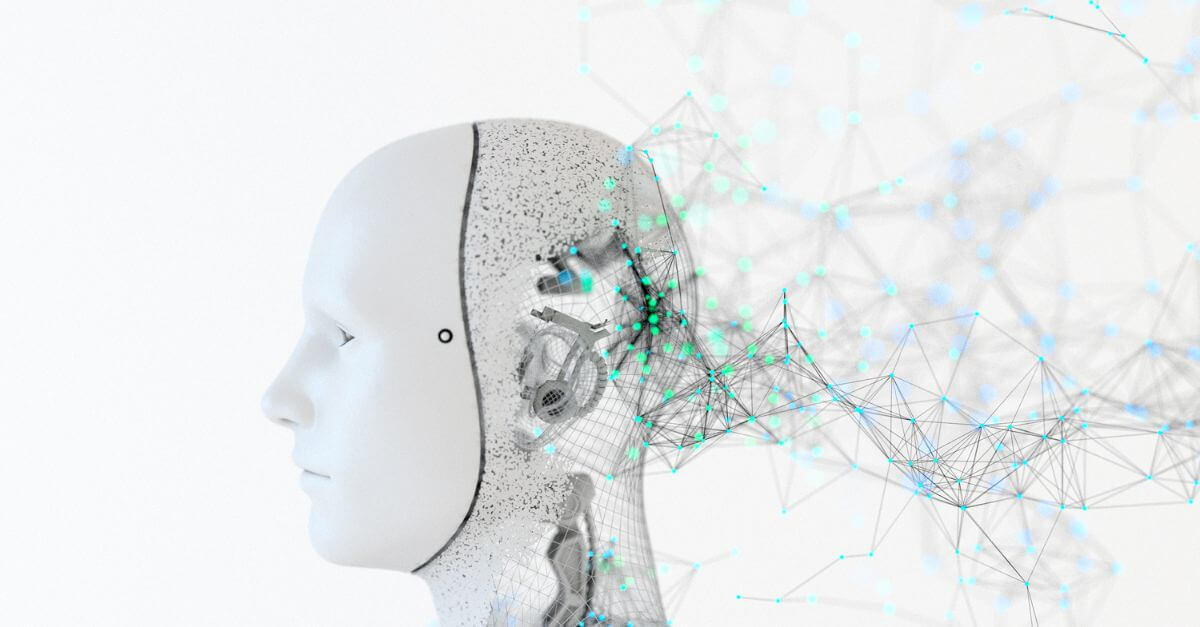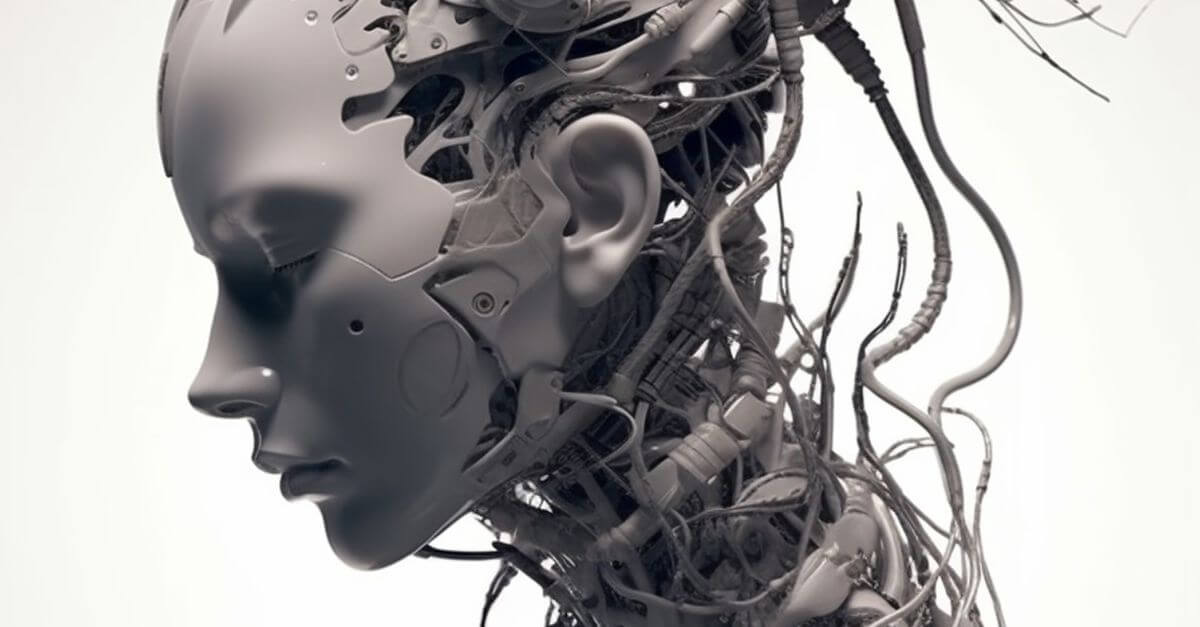ChatGPT achieves in six months what Facebook achieved in a decade

The ‘Generative AI’ revolutionizes the world. It has taken barely six months to do so, ushering in an astonishing new era that many analysts put on a par with the ‘discovery of fire’. Why? How? Or better still, what is the point?
Artificial intelligence, the serendipity of the 21st century?
Anyone who thinks that artificial thinking is something new is completely wrong. Throughout history, the idea that machines could reason and make autonomous decisions has been explored many times. Especially in the literature and science fiction of the last century.
Isaac Asimov was a pioneer in the subject, whose masterpiece I, Robot proved prescient. Through his stories, in 1950, he presented the Three Laws of Robotics, a revolutionary view of how robots should behave. From that predictive transgression to Elon Musk 73 years have passed. A transit through time in which the rebelliousness of the supercomputer HAL 9000, 2001: A Space Odyssey, was very scary. He was the epitome of artificial intelligence. The scene to deprogram him is mythical, and we don’t know if it could be done in the same way with today’s AI.
Short of the dystopian universe of Blade Runner, artificial intelligence is not scientific serendipity. It is far from being an innovation produced accidentally or by chance while looking for something else. It is consciously made and is the result of a devastating computational process. Moreover, obeying only the algorithmic dictatorship designed by its creators.
What does it mean to be human and to have a conscience?
A good question for William Gibson’s cyberpunk. He would have replied that AI, virtual reality and the connection between humans and machines are absolutely mandatory. Exactly the same response that ChatGPT offers today, the artificial bot endowed with intelligence that perfectly simulates natural language.
Created by the OpenAi company, the chatgpt literally says: «The term “human being” refers to our species, Homo sapiens, which includes all individuals belonging to it. As human beings, we share a number of physical, cognitive and emotional characteristics that distinguish us from other species”.
He was born in January, yes, but speaks in the first person and identifies himself as one of us. It imitates, informs, resolves, advises, and only needs to complete its imitation apprenticeship by having its own conscience. Time to time.
Generative AI
The headline of an article in El País sums up the current vertigo: ‘ChatGPT achieves in six months what Facebook achieved in a decade’. And it is true, because in such a short time this generative tooltip has overtaken any previous discovery. Including our very concept of the Internet.
The IA Generative uses machine learning algorithms and models to analyse and understand complex patterns in training data. As such, it is able to generate original and realistic content that resembles the style and structure of the input data. This allows machines to create art, music, stories and all kinds of content without direct human intervention.
One of the most widely used techniques is the Generative Adversarial Network (GAN). Two models are trained: a generator of new content instances and a discriminator that evaluates the authenticity of the generated content.
As both models feed back into each other, the generator improves its ability to produce increasingly compelling and realistic content. All this at a speed we have never known before. A technological challenge that raises questions about originality, copyright and authorship. Can anyone confirm that this post is not written with AI?
AGI versus ONU
AGI, an acronym for Artificial General Intelligence, refers to artificial general intelligence. A euphemism to describe a technological form with the ability to understand, learning, reasoning and carrying out tasks in a human-like manner. And in a wide variety of domains adaptable in different contexts and situations in an autonomous way.
Unlike ANI (narrow artificial intelligence), which specialises in specific tasks, the AGI seeks to replicate human intelligence in its entirety. And without barriers. And overcoming the limitations of today’s artificial intelligence and looking forward to collaborating with a next ally: quantum computing.
Not surprisingly, the UN Secretary-General reacted immediately. The UN warns of the threat posed by the rapid deployment of artificial intelligence. Fear of the unknown is an atavistic, innate human emotional response. In this case, although it may seem a contradiction, it arises from a lack of information, understanding and control over something new. At the speed at which technology is bound to generate uncertainty, insecurity and anxiety.
NLP, do machines really understand us?
Natural Language Processing (NLP). Precisely the system that enables the interaction between machines and human language. Moreover, it focuses on the understanding and generation of human language in written or spoken form. In this field, Microsoft is not only the most technologically advanced but also offers the best prospects.
Cortana, your personal virtual assistant for businesses, already uses NPL techniques using GPT-4 language. Interprets complicated commands, analyses the context of the conversation and provides relevant answers. Even controlling home automation devices.
In addition, Microsoft has developed more scalable cloud services based on NPL. Azure Cognitive Services performs machine translation, enables key entity extraction and performs sentiment analysis.
Another important example is Microsoft Office, which has implemented NPL in its word processing tools, such as Word and Outlook. Novel applications that correct spelling, grammar and style, and offer text suggestions as you type.
To summarize, who programs the AI? In the West, OpenAi and Microsoft have a strategic partnership. In contrast, in the East, China is the leader, especially after implementing the Next Generation Artificial Intelligence Development Plan. Alibaba, Tencent and Baidu already have facial recognition, language processing and proprietary applications for e-commerce and financial technology for their customers. Where will the future take us?
At Pasiona we offer specialised consultancy services and implementation of products/solutions based on Generative AI.
Because it is so emergent and disruptive within organisations, offering a new paradigm for increasing employee and process productivity, we have designed a rapid consultancy service which allows us to identify with the client in which parts of their organisation this optimisation can be most beneficial and then to develop small pilot validation projects.
AGI, AI, CHAT GPT, Facebook, generative AI, IA generativa, NLP
Go back



